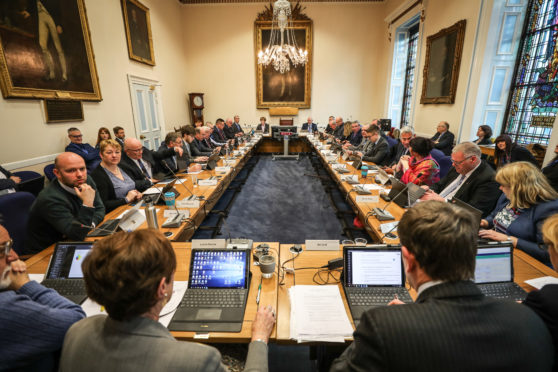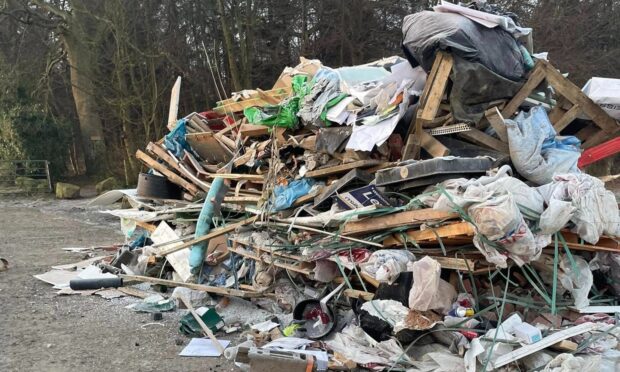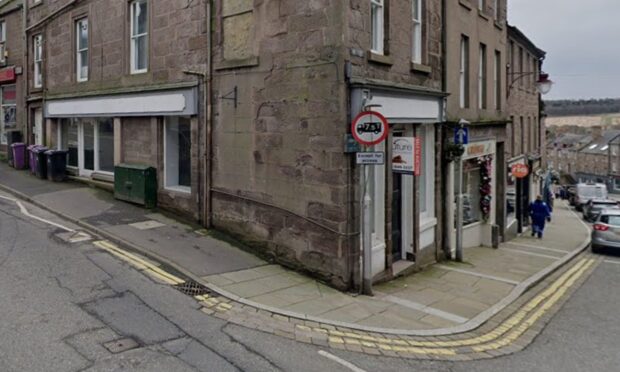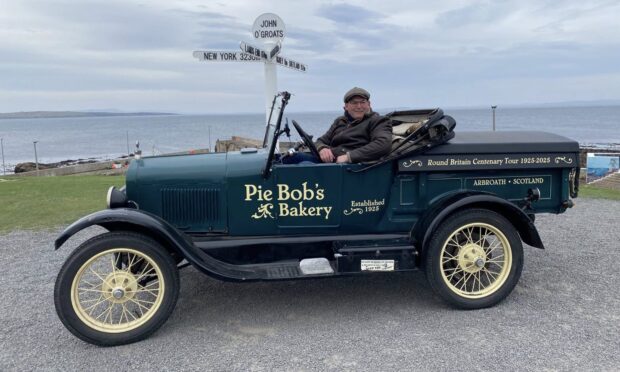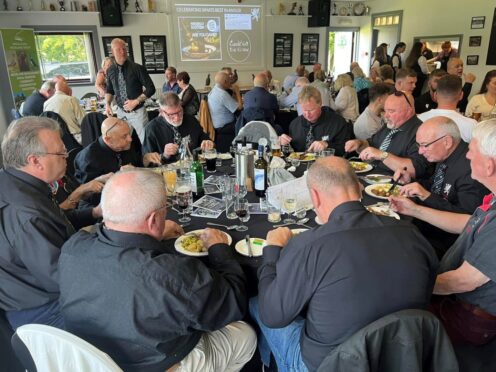Who’d have thunk that alternative Angus budgets would be like London buses.
Compared to other parts of Courier country, the setting of this county’s council tax has been a pretty mild-mannered and fairly swift afternoon affair in recent years as respective oppositions barely bothered to crunch the numbers and offer up their ideas for how the kitty should be spent.
On Thursday past, as administration allies banked on an easy passage for their package of spending and saving, not one, but two alternative visions emerged.
In my experience of our local democracy, that’s as unusual as the dentistry of a feathered farmyard bird.
Or, to put it another way, as rare as a full-up council car park these days.
Which is as good a place as any to start if you want to dig in about the balance sheet.
In the income column, the figure of £200,000 has now been entered for 2018/19 – a fairly significant downward revision from full-year aspirations of £700k for the controversial pay to park scheme.
Not that either of the alternative offerings came up with bright ideas to reverse the fortunes of a set-up which remains the hottest Angus tattie of the past few months.
In talking point terms it may be a big issue, but car parking moolah – especially at the level the authority is now banking on – is petty cash compared to the telephone number totals of £107 million for schools and learning, £22m for waste, parks and planning and an almost £50m outlay on health and social care services for adults and the elderly.
The coalition budget – never under real threat of failing to get across the line – delivered for initiatives including a kids’ holiday meals scheme and the Glen Isla project for female offenders, the value of which has been happily extolled here previously.
Apprentices, artificial intelligence systems and the district’s pocked and potholed roads are other areas in line for investment despite the stresses of plugging a £15m-plus funding gap.
The scale of the financial challenge facing the council perhaps helps explain why alternative budgets have been in such short supply in recent years, because options have all but been exhausted and still the fiscal pressure bears down.
Leading to situations where political success or failure can hinge on sums as relatively paltry as a couple of hundred grand.
